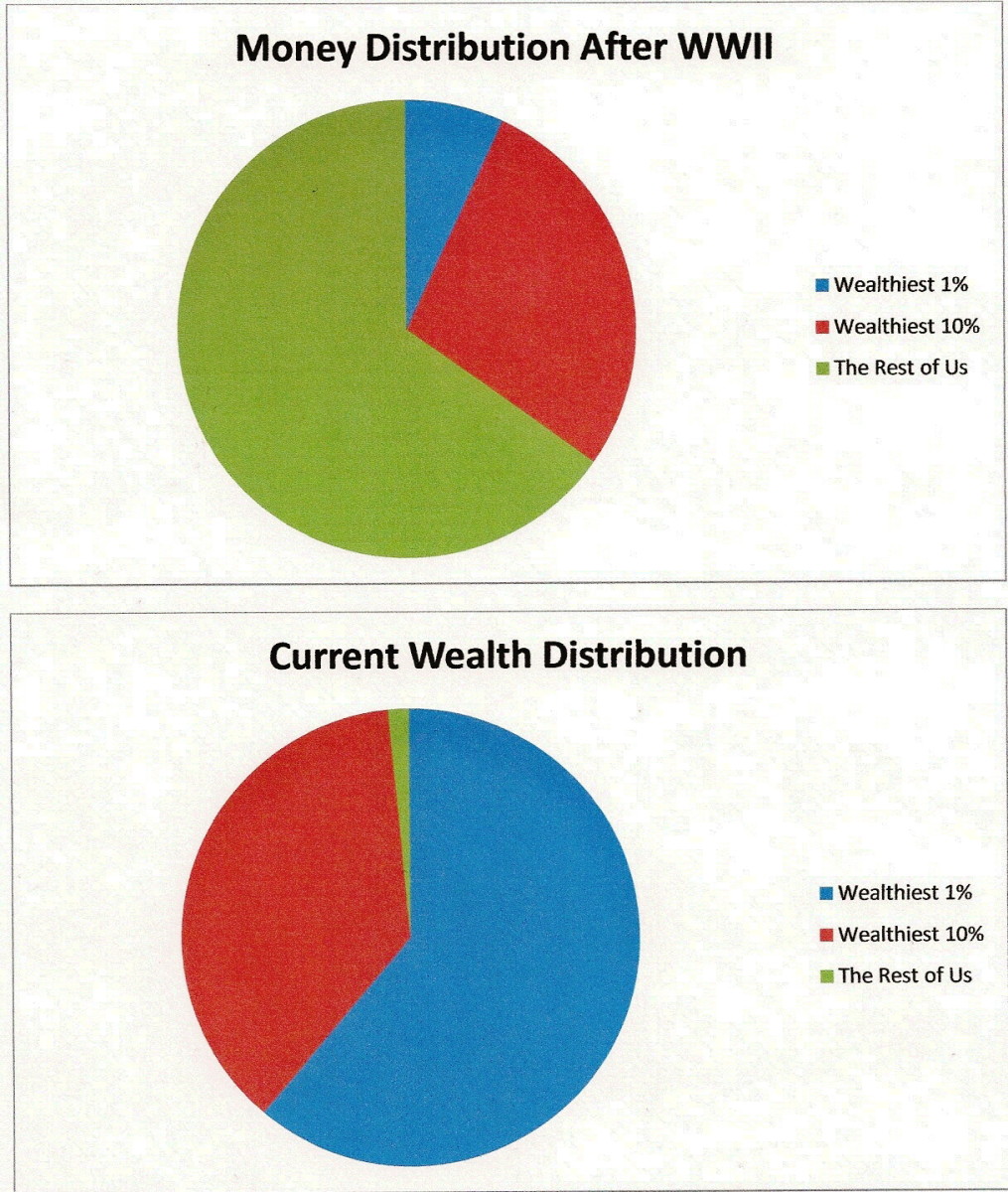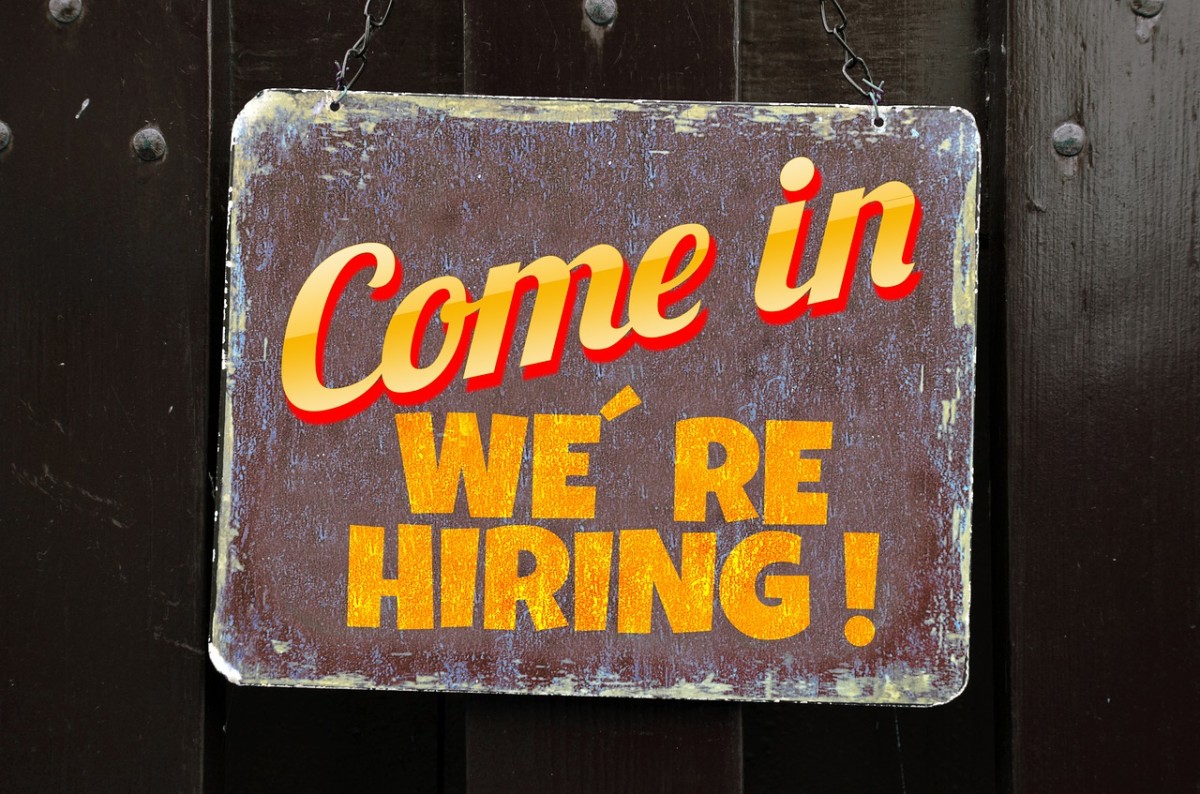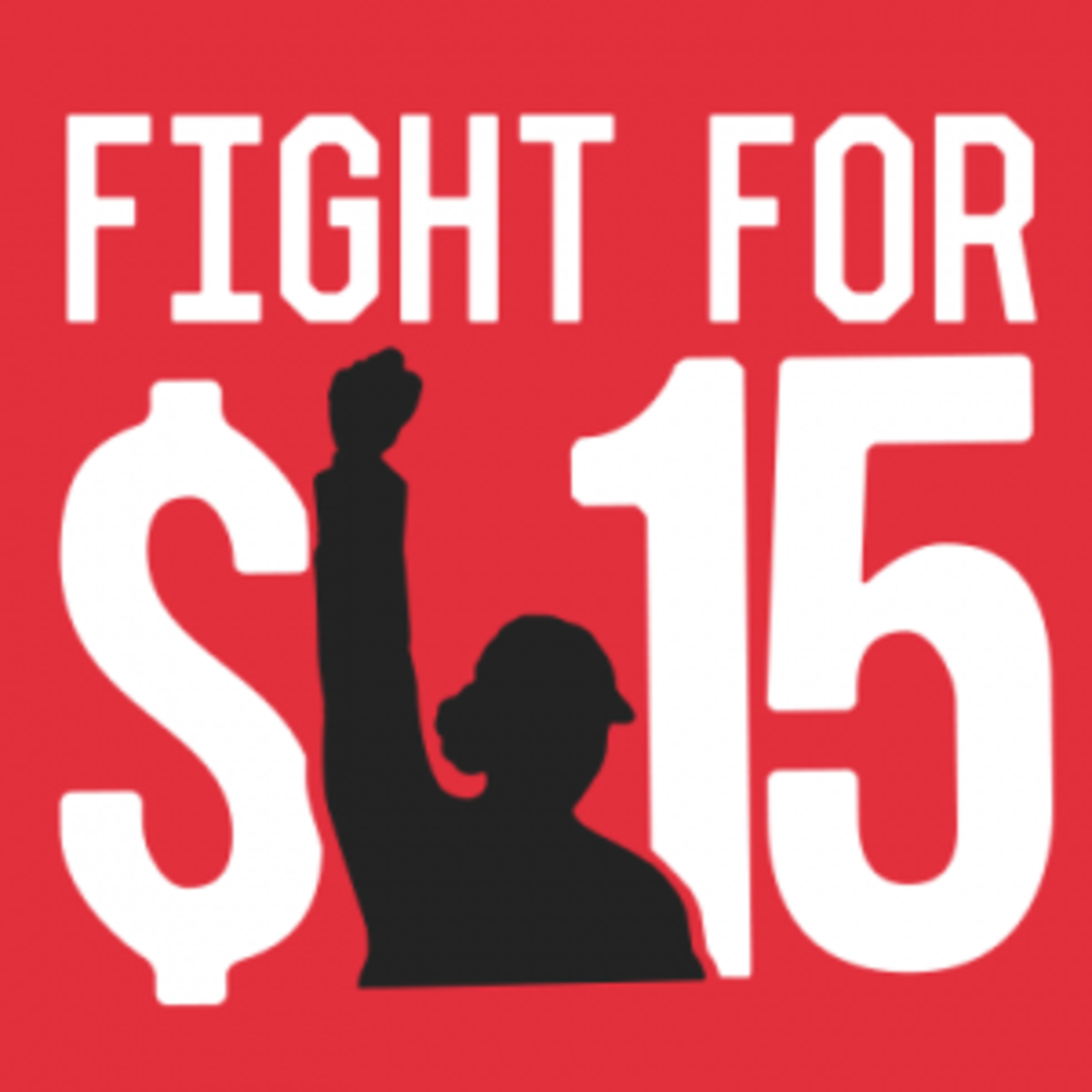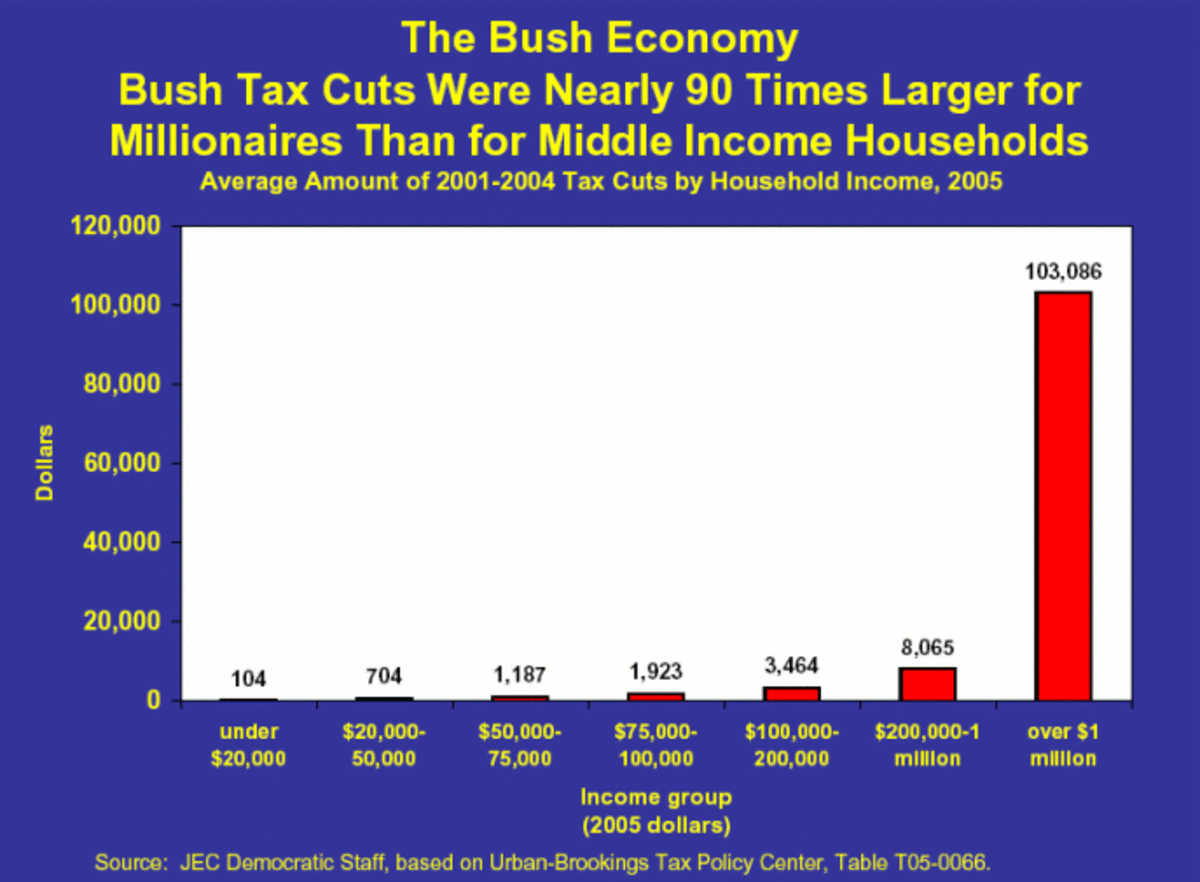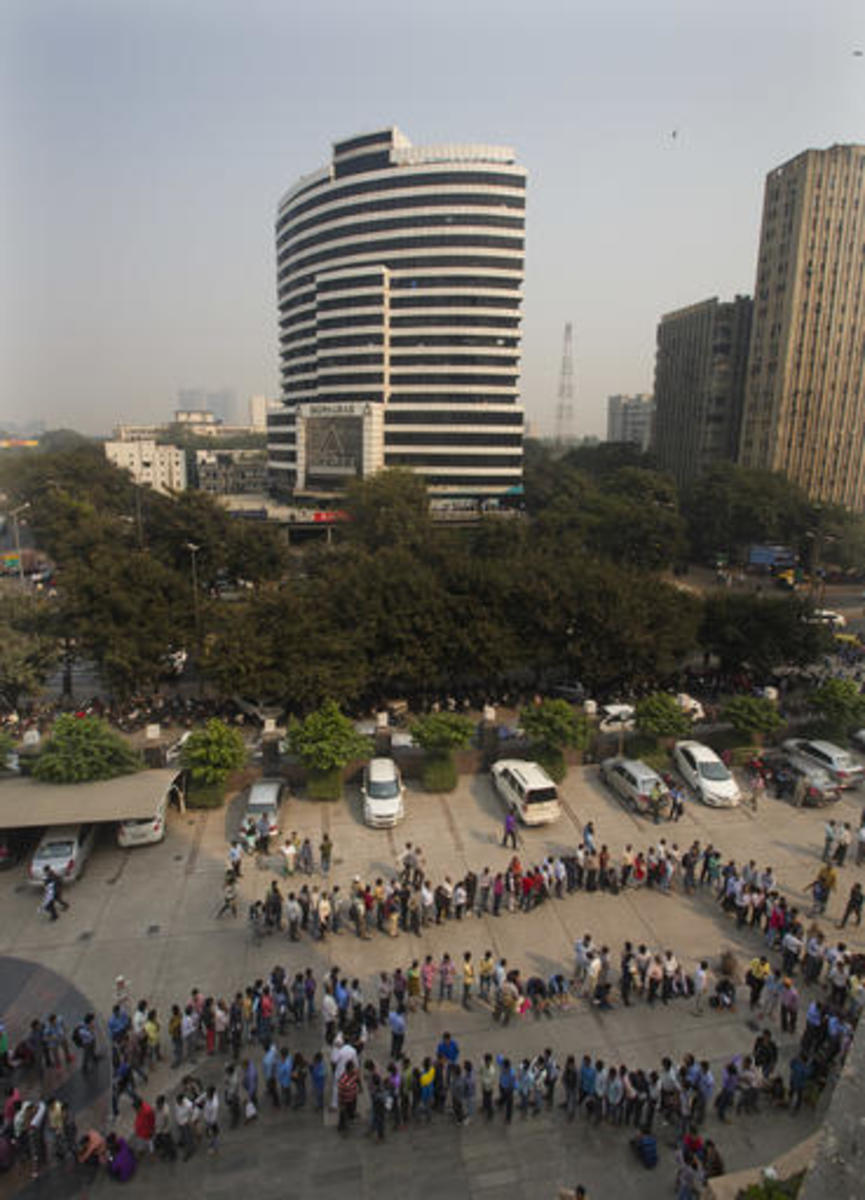Basic Income - Guaranteed Minimum Income
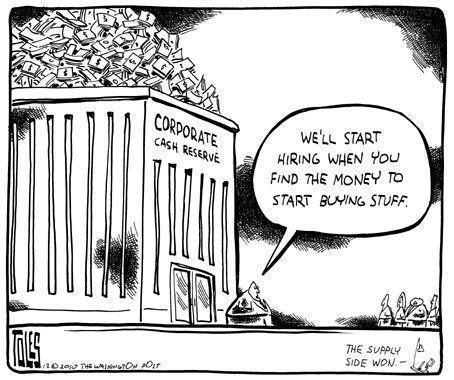
A Cheque in Every Hand
The idea of 'Basic Income' has been around for quite some time; it's even been tried on a limited scale with measurable success. It's touted as the way to properly recognize humanity's vast wealth - but is the world ready to get paid for simply being alive?
That's the basic premise of 'basic income.' That the world economy is productive enough today - and so heavily automated - that nations can now afford to simply pay out monthly sums of cash to their citizens, no strings attached.
Essentially it's the world of the Jetsons.
Wait, what is this?
Basic Income, or Guaranteed Minimum Income is a method of wealth re-distribution. There's plenty of debate on how it is best executed; but they all follow the same general guidelines:
- Existing social programs would be shutdown
- They would be replaced with monthly paycheques to every adult in the country
- The money would be enough to pay for all basic needs (insurance, food, rent etc.)
- People could continue to work for increased income
- It recognizes basic rights to access the necessities of life
- Poverty would be eradicated
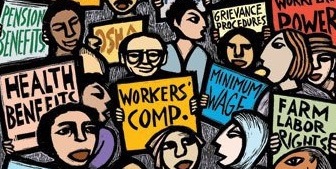
Proponents Say:
The people who have argued for Basic Income claim that - regardless of moral positions - the world needs (and can afford) to make this idea a reality. It's touted as a good 'small government' alternative to more radical forms of wealth re-distribution - since individuals take the lions' share of responsibility in handling their funds.
Here's a running list of the positive effects of the concept.
1. The bureaucratic expense of social programs would be cut down drastically.
41% of the U.S. budget - state and federal - $1.4 Trillion, goes towards Retirement benefits, Veteran benefits, Safety Net programs such as childcare, and Social Security for the population such as welfare or unemployment insurance.
Like any system, there are imperfections. Food Stamps, for example, total about $8 billion annually - but it's assumed that about one billion of this is lost as recipients trade them off (at a loss) for badly needed cash. A practice which the government then needs to spend resources on chasing down violators and processing them through court.
Like any operation that is stream-lined and simplified - opportunities to save money surface. A single program with complex protocols, privacy concerns, investigation agencies etc. is going to cost less than twenty smaller programs struggling with the same problems on smaller budgets.
2. Poverty related issues (and their expensive consequences) would be greatly alleviated.
Basic Income would allow for people to seek and obtain proper medical and dietary care - as well as securing shelter and heat - all of which would save on long-term medical costs such as surgery. Issues of mental health and drug abuse would alleviate since the economic conditions that drive people into abusive practices would improve - returning more members to the working population. Family units would be able to devote more time to raising their children.
3. Education and the Arts would become viable.
The workforce - in much need of retraining - would be able to re-educate itself and re-tool for the changing economy. Currently some 15% of Americans struggle below the poverty-line, and do not have the time or money to educate themselves or obtain better working conditions. This has an overall effect of lagging the economy, as talent is instead trapped in maintaining a minimum standard of living.
The Arts - a sector that has historically suffered from lack of funding - would become a viable profession even if no additional income was made from its production. Art, of course, helps society communicate with its members and understand the world around it. A crucial role in an ever-changing world that needs constant scrutiny and explanation.
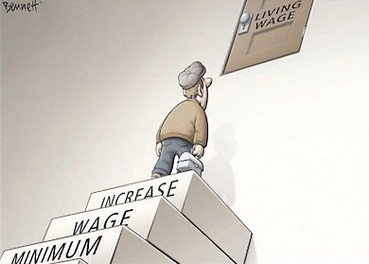
4. It would eliminate the need for a Minimum Wage.
Business is currently obligated to pay a minimum wage to any employee - to ensure fair compensation for the time and effort given. However, if a basic income is in place, this obligation is no longer necessary. This would increase the viability of many businesses, start-ups, and non-profit organizations - who could hire and employ a great deal more staff to relieve the overall workload and improve the quality of their services.
Consider that a minimum wage worker (in Canada, B.C. it's $10.50) working full-time, makes about $19,000 a year. The company could hire two workers, full time, each at half the current minimum wage, and each worker would still make $24,500 when Basic Income is factored in.
5. Income earned would go to improvements, rather than just maintenance.
With all basic necessities covered, the income people earned from working would be concentrated on material and social improvements, rather than simple maintenance of existing conditions.
Most wise expenditures in life require expensive upfront costs that produce long-term savings - as opposed to cheap, repeated purchases of a lower quality product that racks up expenses over time. This includes things such as home improvements for thermal efficiency, durable tools, and bulk orders of foodstuffs. But it also includes things like regular vehicle or dental check-ups - which are usually foregone when more pressing needs like food have to be met first.
6. It could help stabilize the housing market.
While most nations in the developed world have some kind of housing subsidy for those in need - it's primarily for rental units or for state housing, which in North America is usually poorly maintained. For obvious reasons banks are wary of loaning to low-income individuals for the purpose of home ownership; social security can't support a loan, and if a person is able to find enough work to get off social security - then they're subject to the job market, usually in a vulnerable, unskilled sector of the economy, which again makes for a risky deal.
Basic Income would essentially guarantee to a bank that an individual was able to make their payments regardless of their employment. Whatever new standards were put in place, the bar would certainly be lower without being riskier - making it easier for people to build equity.
7. It does not drastically change the existing economic order.
Compared to heavier-handed forms of redistribution - such as nationalization of industries, or placing more land under public control - Basic Income is not a very drastic measure. It can function under the existing capitalist system by making moderate changes to taxation.
8. It would open up new markets for business.
Finally, in a somewhat obvious manner, handing every citizen a big cheque each month would vastly expand the market that businesses can then tap into. When you know that every member of society can afford to at experiment with new products and services, it creates a bedrock for that experimentation and innovation.
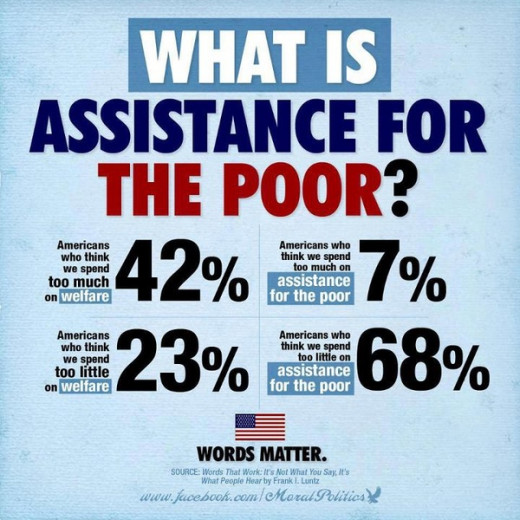
Opponents Say:
1. People will choose not to work if they don't have to, and it'll crash the economy. Basic Income will just make us lazy!
From experiments with Basic Income in the past and situations like it, we have evidence that when someone hands us a lump sum - we generally use it on the most important articles of living first and luxuries (if at all) second. All the while still doing something with ourselves and our time that is economically productive (though perhaps not 'optimal.') So the argument that too many people will drop out of any economic activity is on shaky ground to start.
In general the only people who have worked less when handed a cheque in this fashion were 3-5% of young mothers and working youth - who chose instead to be with their children more often and take up higher education.
But there's another factor too that undermines this concern - and that's the fact of automation. Automation has been putting people out of work for a long, long time. It makes goods and services cheaper and more prolific - lowering the cost of living - but it also causes people to take on more complex and advanced forms of work, ie. modernization. Automation is now accelerating so quickly that we've created a permanent caste of jobless individuals.
'The Jobless Recovery' is a well known phrase post-2008, and digitization is only continuing the trend. Self-driving vehicles that don't get sick or tired, for example, could revolutionize shipping and put another five million drivers out of work. Each time technological progress creates a new role or profession, it makes a few more redundant as well.
'Productivity,' the amount of work done per individual, has risen 330% since the second world war - including every period of crisis and recession and time of high unemployment. In the economic boom of the1970s, the dependency ratio was 1 worker to | 1.6 dependents. [Dependants are the elderly, children, the infirmed etc.]
Today the ratio of workers to dependants is 1 | 2.5, but with changes in productivity factored in - the same worker is actually capable of supporting 5.3 people in the post-2008 bust. In other words, even with the baby boomers aging into retirement - 70 million people in the next 20 years - the nation could support its population with no more improvement to productivity.
Theoretically, 8% of the U.S. working population (20 million) would have to refuse to do anything productive with their time (since 8% are unemployed yet seeking work and would replace them) before it made a substantial change to the existing economic order of the United States. (Of course, this is a little too simplified, but the basic math stands.)
The bottom line is that the pool of people needed to man the machinery is shrinking each year, and yet it manages to carry the weight of people who want to work right now. So concerns of people dropping out of work - even if they turn out to be well-founded - are moot.
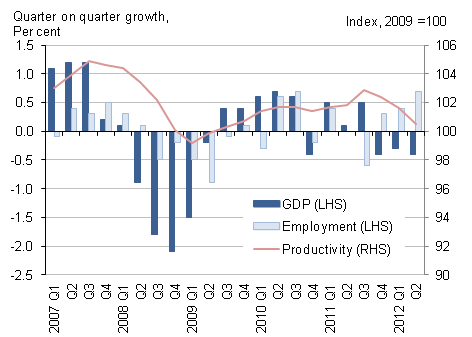
2. It'll cause inflation, which will eat up the Basic Income and make it useless.
Another concern about Basic Income is that if everyone is receiving a certain amount of money, then rents and prices on consumer goods will simply rise higher and drain away the income, which would defeat its purpose. After all, if we have prices now that exclude people from some basic necessities of life - what's to stop those prices from rising in the future?
First we dispel the fear of monetary inflation : Basic Income is a re-distributive measure, so no additional cash is added to the money supply (which would devalue the dollar.) It's no less inflationary than existing social spending.
Second we dispel the concern of price inflation. The net effect of Basic Income would be to suddenly lift the 15% of the population currently under the poverty line. Would stores then raise their prices and drop them back into poverty? Two things help us dispel this fear: Sweden and Free Market economics.
Sweden has, at times, had full employment and welfare measures that virtually eliminated real poverty - yet the economy didn't suffer from inflation. Free market mechanics don't vanish with Basic Income. A grocer might try to charge more for their foodstuffs - but the other grocer can still undercut them and take away their customer base. A landlord can try to raise rents - but she may still lose tenancy to someone with a fairer arrangement.
The realities of supply and demand do not budge much from the implementation of Basic Income. It might raise the supply of buyers (for nicer shelter, for more food,) but every citizen is being bumped up higher in the socio-economic strata: A middle-income family for example, might would now be in competition with upper-middle income people, instead of other middle-income families.
If the concern that Basic Income would cause inflation held any water - why do we work so furiously to defend the middle class in America? Why is there such passion for reviving middle class ranks? Aren't their higher incomes causing price inflation and pricing out the poor?
The answer of course, is no, it doesn't. Otherwise the much lauded post-war boom - the one that catapulted the United States into an economic superpower and created the modern middle class - never would have happened.
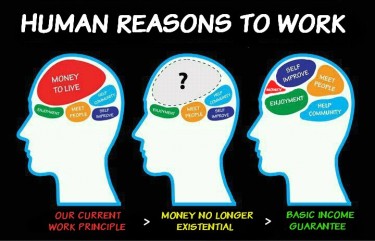
But Can we Afford it?
It's all well and good to jabber about such swell sums of cash - but that money has to come from somewhere.
Under most Basic Income schemes, some 78% of Americans (anyone over 18) would receive a monthly cheque. That's 247 million people. Of this segment, some 38% make less than $35,000 dollars.
Let's say that everyone receives $15,000 annually in 'B.I.' - and that for every $1,000 you earn on your own sweat, you lose 3% of your B.I., or $450 bucks.
Under that scheme, f you're making over $34,000 on your own sweat - you no longer receive Basic Income. But if you're only making $10,000, then you're still receiving $10,500 in B.I. - for a combined income of twenty grand.
Were the system implemented today, about 94 million people would receive some quantity of Basic Income. If they were all getting the full amount, it would equal $1.4 Trillion dollars per annum. That's pricey, but the U.S. already spends $1.2 trillion on various forms of social welfare, so it's not far off. Let's dig deeper into the numbers.
10% of the American social strata makes less than $10,000 per annum. Let's be conservative and say they make absolutely no money at all.
That's 25 million x $15,000 = $375 Billion to get the poorest of society at $15,000/year.
10% are making between ten grand and eighteen grand. Let's pick the median of $14,000.
That's another 25 million x $8,700 = $217.5 Billion to get the fairly poor up to $20,300/year.
There's another 5% making between $18,000 - $22,500/year. Or a median of $20,250.
That's 12.5 million x $5,890 = $73.6 Billion to get the okay folks up to $26,100/year
Almost there, we still have 32 million people making an average of $32,000 a year.
So 32 million x $600 = $19.2 Billion, after which, they price out of Basic Income
Finally we get our grand total : $695.3 Billion dollars to lift everyone out of poverty (and thensome.)
But how is this number dramatically lower than current social spending, when it fundamentally hands out more dough than current programs? That's because we excluded childcare programs from the calculations - but even if it's included...
Under 18 = 20% of the population = 63.4 million dependants, costing on average $500/month to support or $6,000/year. = $380 Billion.
...we still fall below the existing amount of government spending. The $125 Billion dollar difference is probably inaccurate - we're just playing around with numbers - but even if we're conservative and say the gap is $50 Billion; there's fraud, investigations, courts, bureaucratic inefficiencies, homeless shelters, daycare programs, extracurricular programs, and extra spending to cover holes with the existing system etc. that would explain the gap.
In the end, it's tax money that could be saved by converting to Basic Income.

That Brave New World
The world has entered a new era - but we haven't fully realized the fact yet. We have an economic system well capable of providing enough wealth for its citizenry, but it's still geared to a distributive and moralistic system that says the wealth must be earned first - even though today there are less opportunities to earn it.
As pointed out by Jason Pargin (of cracked.com.) Humanity is still very use to the concept of 'reward for work done,' and fairly unacquainted with 'reward for leisure;' since we've never had a time in history where we could afford such a scheme.
So even though it's within reach and intrinsically good - the majority of us feel as if something is wrong in executing Basic Income. However as fewer and fewer jobs become available to keep people employed - the logic behind Basic Income, and the reality of today's abundance - will become obvious.
Can't Wait for Change? Maybe try Organizing a Union from Scratch


